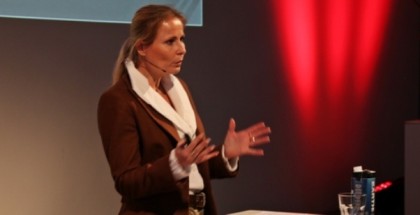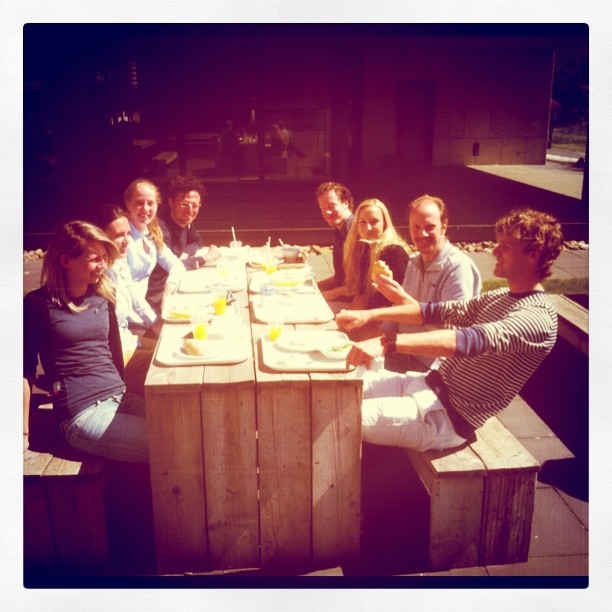Jochem van den Berg – Satire in hyperbolic times
Jochem van den Berg is founder of De Speld. De Speld is a satiric online newsmagazine. In essence this mediums’ news items aren’t true but are written as if they could be. Lots of people, mostly on social media, think their items are real news items and react to it. This leads to great discussions amongst people on Facebook and Twitter. Even other news institutes sometimes make the mistake of believing De Speld’s news is real and post it on their own website.
Fake news & Satire
Van den Berg started his keynote by saying he won’t talk about fake news. Because fake news is to mislead the reader. It has been used for financial purposes (to trigger you to buy something online) or for propaganda. De Speld makes satire, which is the complete opposite of fake news. Satire is made to comment and question the things we hear in the news. People who read De Speld articles know that it is satire. They don’t see it as fake news.
Facts & Satire
Facts have a prominent role in satire. That’s why it’s important for a satire writer that the facts are right. Or else you will be crucified. Satire has a deeper truth, so you have to be as precise as possible.
How satire has changed
Satire has gained a different role over the past years. 10 years ago politicians were taken seriously, because they were politicians you believed what they said. Comedians were just there to laugh at. Nowadays it is the other way around. We question the institutions that we used to trust and we listen to comedians because they give us another perspective on media and politics. So how could this happen? The media tries to be neutral or objective, and expose both sides of the story. For example during the campaign between Clinton and Trump, the media portraited both of them in a negative way. Because comedians don’t need to be neutral or objective they could approach the campaign in a more funny and light way . That’s why satire has gained a larger voice today.
Satire in times of crisis
In times of crisis satire doesn’t always have to be funny, it’s also meant to question the events that are happening. It can be sometimes controversial but also makes you think about it from a different perspective. For example after the terrorist attack in Berlin De Speld published an article: ‘ Miljoenen mensen gewend geraakt na aanslag Berlijn’ (Millions of people getting used to attacks after Berlin). There are so many things happening in the world, people aren’t able to empathize anymore.
Another example: ‘Hypocriet? Laura huilt om haar overleden oma maar over andere oma’s hoor je haar niet’ (Hypocrite? Laura cries about her deceased grandmother, but about other grandmothers you don’t hear her cry). What they try to say is if something happens closer to home you feel more affected by it.
Meaning of satire to society
During the campaign of Trump he was the main topic of many comedians and satire. But he still got elected. So what is the influence of satire on society? Van den Berg believes satire does play a heavy role these days. He sees satire as a side product of the massive amount of media we have. Satire is an effective tool to criticize on events that are happening. To start a discussion about what the media is telling us.
He ends his keynote with the words: ‘If you have freedom of speech, make sure that your words matter’
This keynote speaker is made possible by Stadsfonds Hilversum.






